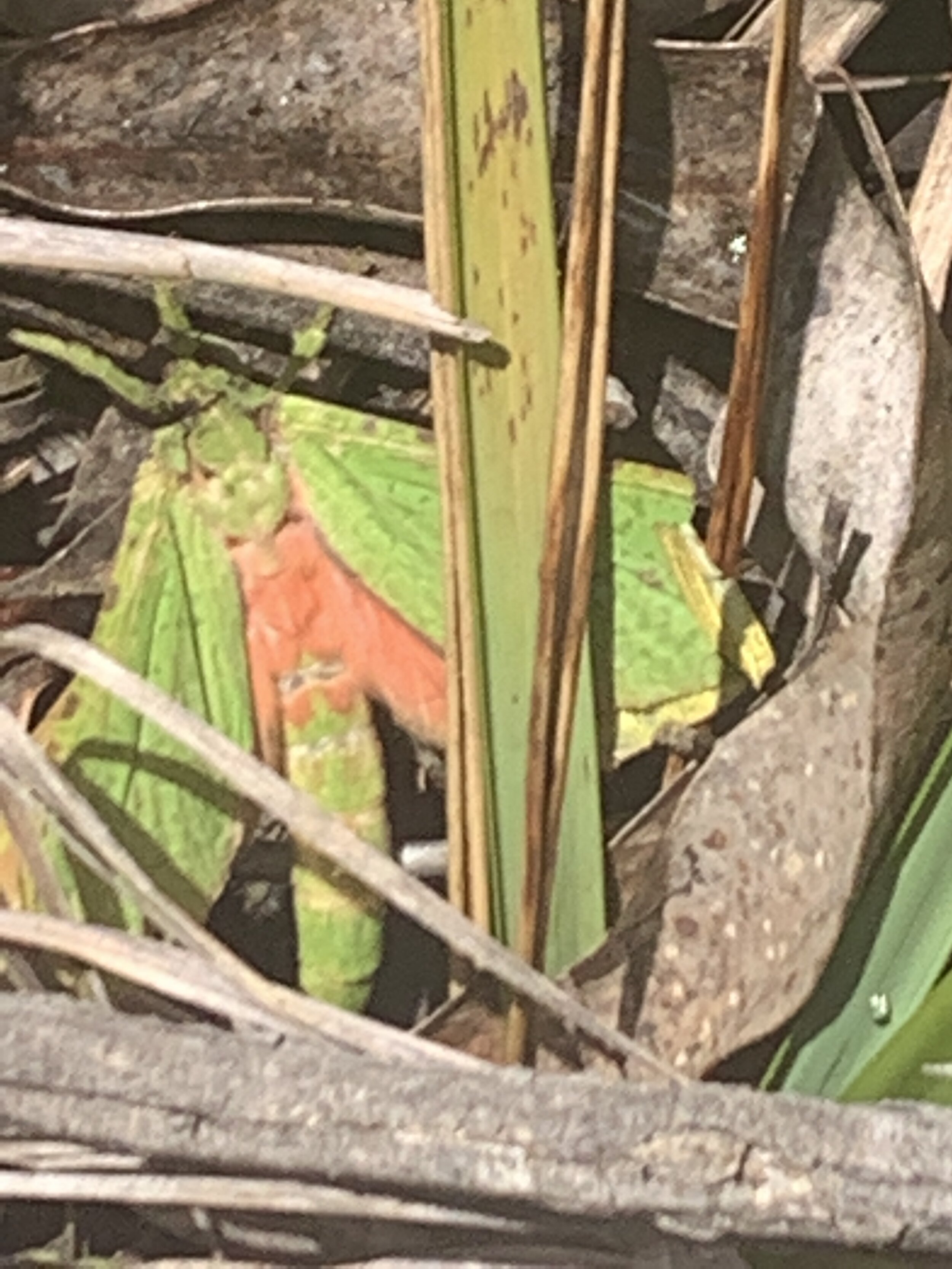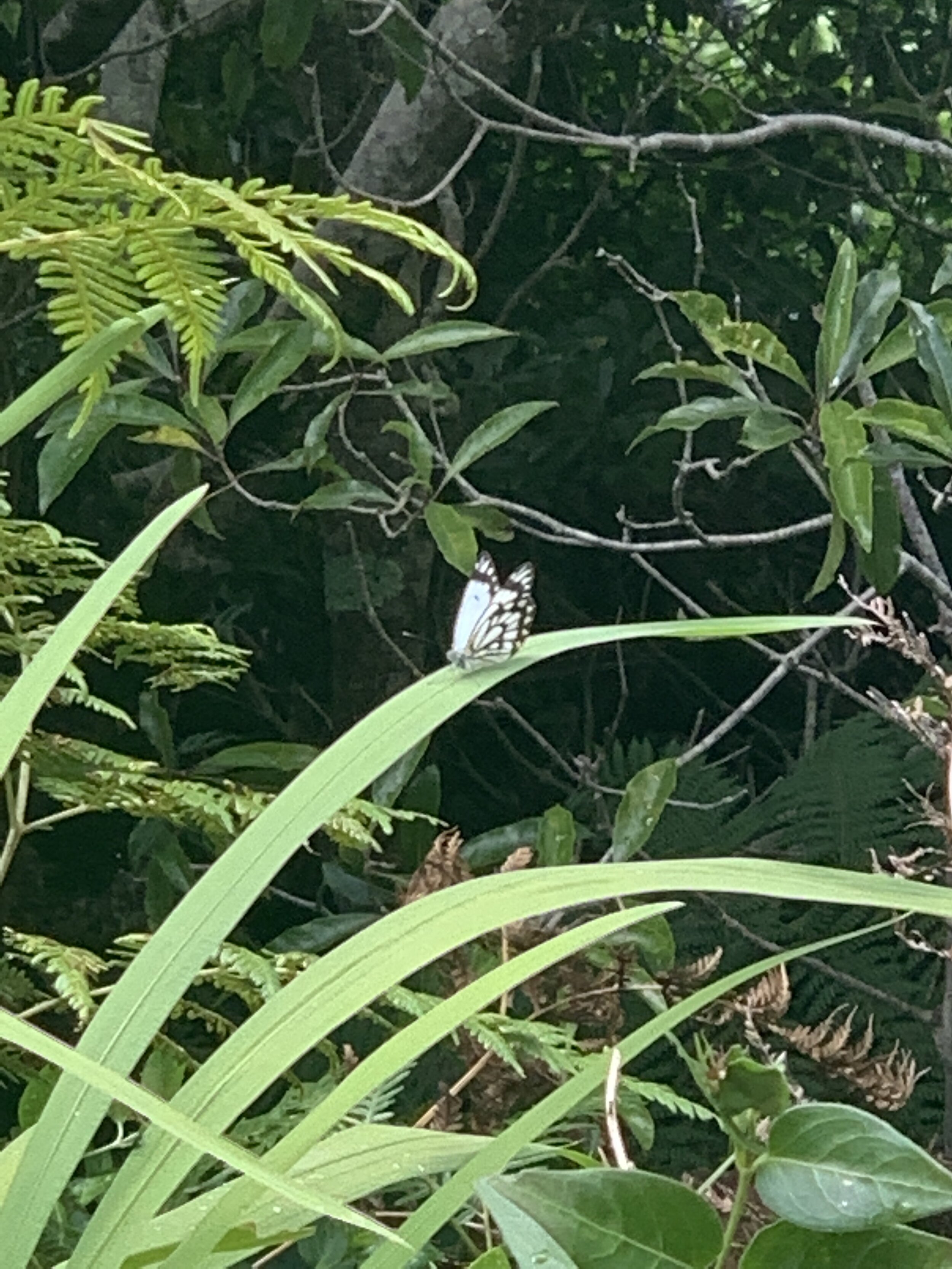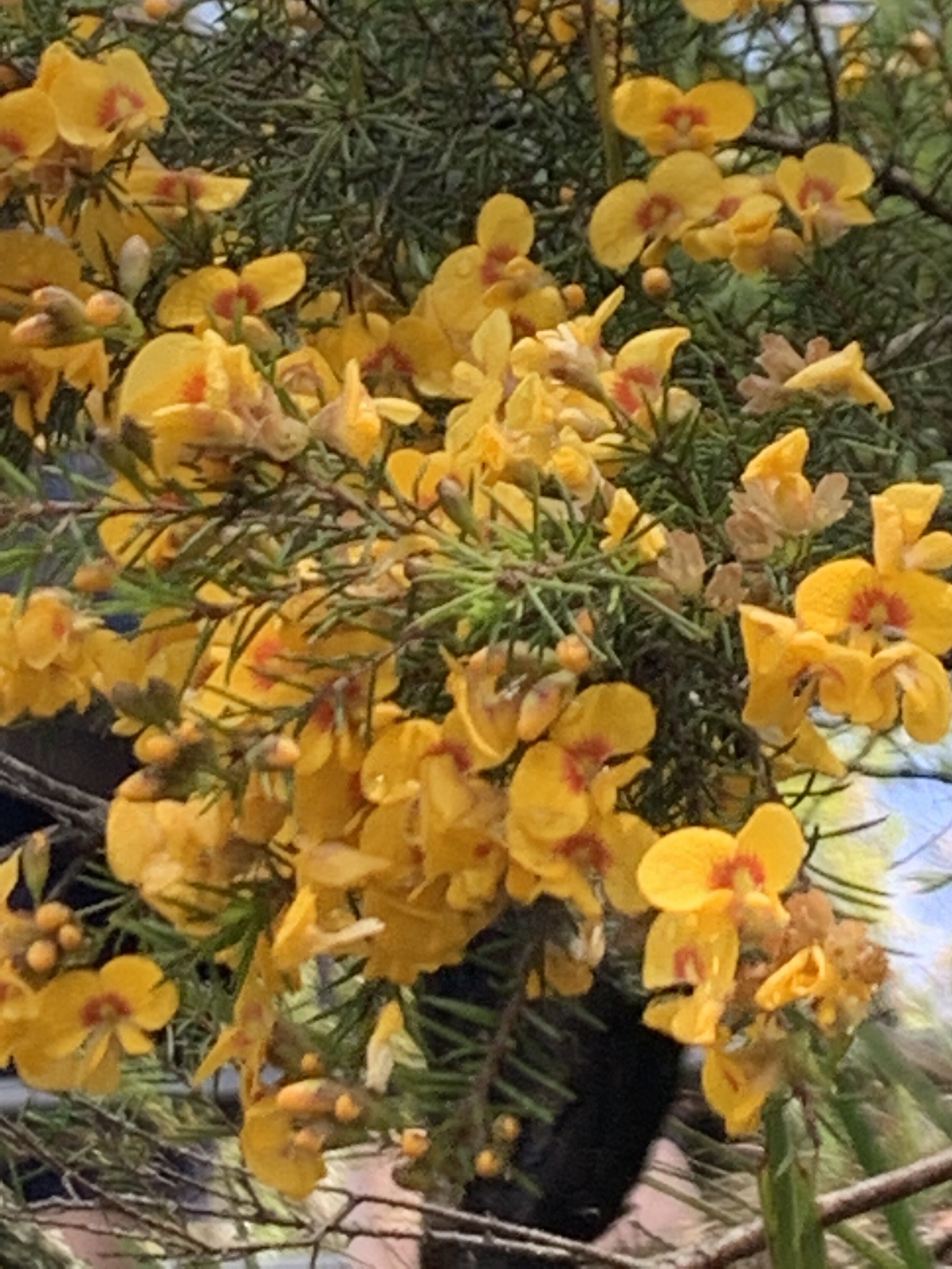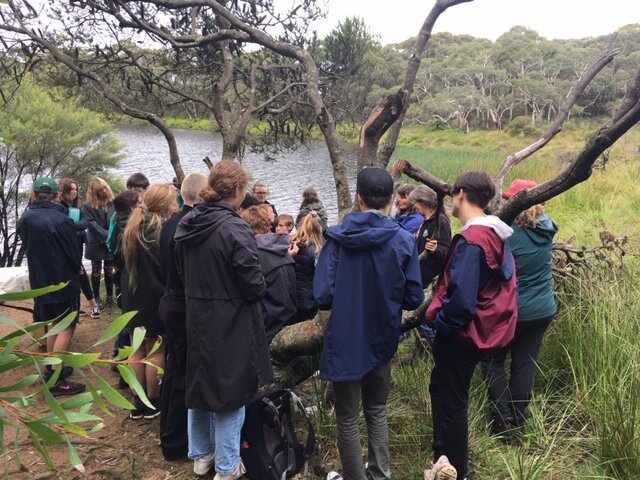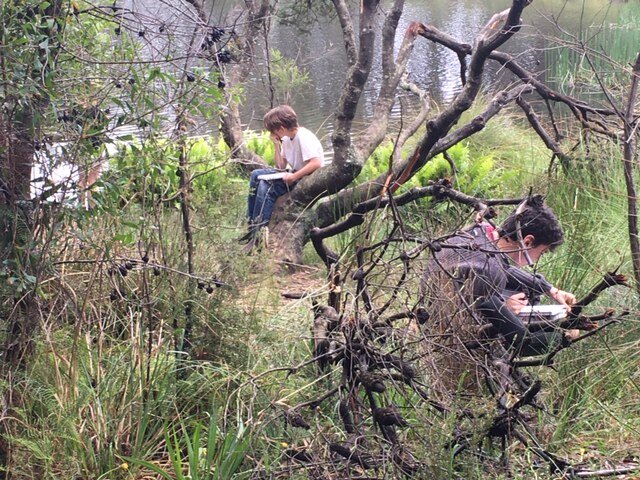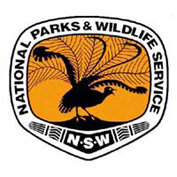The Blue Mountains World Heritage Institute has initiated a project to engage youth across the Blue Mountains in citizen science.
The project is led by Dindy Boutagy, a nature play educator with experience across school-based and community settings. Dindy is passionate about helping kids develop relationships with nature and the benefits of teaching in an outdoor environment.
“I love seeing kids engaged, excited and learning in nature through direct experience, making discoveries and having adventures.”
The project has been designed to be as fun, easy and rewarding as possible for the youth participants, who are invited to explore their local environment and contribute towards scientific research by recording observations of flora and fauna on their mobile phones.
Students are also given the opportunity to engage with community experts, conduct fieldwork and use scientific enquiry to become citizen scientists. Citizen Science is a contemporary approach that encourages volunteers to assist scientists in recording observations of species and ecosystems. This information contributes towards general environmental knowledge and the monitoring of the state of biodiversity in an area.
By analysing the data collected, student participants can better understand biological diversity and ecosystem dynamics.
Examples of high school field trips
In November 2020, Year 12 students from Ruby Ladd’s Geography class at Katoomba High School participated in a field trip to explore the hanging swamps above Katoomba Cascades and investigate the urban impacts on these swamps.
Students downloaded the iNaturalist app to their mobile phones and recorded observations of plants, birds and insects. These observations were automatically harvested into the Ecological Monitoring Project of the Blue Mountains World Heritage Institute.
Species observations at the site included a large bright green and pink moth (see left). The iNaturalist community has identified it to the Order of Lepidoptera. But it still remains an unidentified species!
In February 2021, 25 students from Kindlehill School were immersed in a customised sensory experience designed by Dindy, that enabled species observations without the use of mobile phones.
Feedback from the Kindlehill students included:
It was good to focus on both connection (through the sensory experiences) and information, data collecting. I like the balance of information and experiential learning - Az
It empowers people to feel they are contributing to a bigger picture about the environment and its protection - Kasper
Sketching gives me more a connection but it was handy to have the app to identify species - Issi
It was enjoyable to focus on the detail of “the bush”; finding insects, tiny flowers and fungi - Zarni
It’s a good way to collate large amounts of data for study - Fin
I liked finding things I don’t otherwise notice and thinking about what it could be used for if I lived in the bush - Otto
Why get involved?
This project will contribute towards the wider ecological monitoring of the Greater Blue Mountains World Heritage Area to monitor climate change impacts and potentially inform bush fire recovery planning.
The BMWHI ecological monitoring project on iNaturalist has over 29,000 observations, with over 3,850 species observations and more than 1500 observers contributing to the knowledge record.
Benefits for schools
This project provides free school curriculum-aligned lesson plans and field trips for all high school stages in Geography, Science, Biology, Earth and Environment and Science Extension.
The project will increase scientific and ecological knowledge by linking 13-19 years with ecologists and conservationists in the Blue Mountains
The project will inspire environmental stewardship and assist the next generation to lead community responses to environmental challenges.
More information
For more information or to register your interest, please contact Dindy Boutagy directly on d.boutagy@bmwhi.org.au
ACKNOWLEDGEMENTS
This project is funded by the Coca-Cola Australia Foundation and the Peter und Luise Hager Foundation. The project is also supported by our members the Blue Mountains City Council and the NSW National Parks and Wildlife Service.

